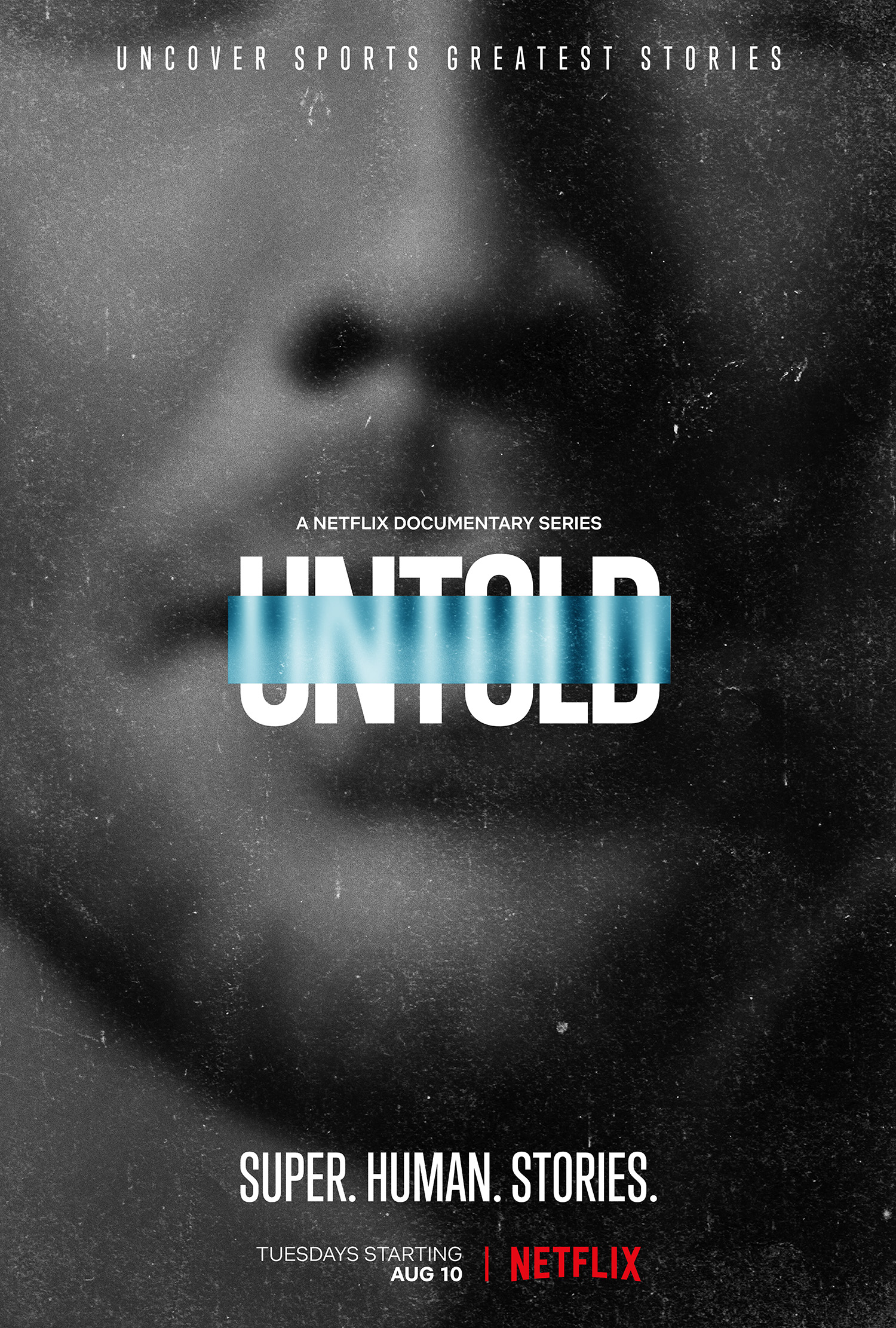Untold tells the stories of some of the most decisive moments in sports history – from the controversial hockey team known as The Danbury Trashers, to a brawl at the Palace and a tennis player fighting his own brain, to Caitlyn Jenner’s transition, and on to the boxer who had to fight outside the ring for her life, the series consists of five episodes that feature some of the greatest athletes of all time.
I came into the series having only really watched sports through the lens of documentaries, so I had no real idea of what to expect or even what these events were or how the people related to their sports. The series does a wonderful job of providing not only backstory to lead up the moments that shook the sports world, but it also provides the context of these people’s humanity to go along with it. The storytelling allows you to see that these historic events didn’t happen in a vacuum. They’re complex situations with many layers to them, built from the complexities of the people involved and the sometimes structured inequities or failures of the sports franchises involved. As such, it’s possible for everyone to be right and for everyone to be wrong, and that is one hell of a storytelling structure.

The way in which they let people tell their stories is a strength that builds up the drama and ratchets up the investment in these larger-than-life people. Even if, unlike you me, you know how these events ended before you pressed play, they edited the episodes together in a way that made the end feel like it wasn’t really the end. People’s lives were changed by the circumstances they found themselves in, but these moments they lived through have now shifted toward healing; toward acceptance of self and the fact that the past can’t be changed, only learned from. The bookends on the episodes and the way they offer hope helped relieved the sometimes dark subject material.
Another fascinating layer to the series was the stakes involved. Some people went to prison. Others faced a declining career because of a mental health crisis, or dealt with a criminal case that redefined identity and freedom. All of them had to endure something beyond most people’s experiences.
How many people can say they lived through a major public brawl while working for the NBA? Or owned a hockey team at 17? Survived a near-fatal beating while being the champion of women’s boxing? They’re provocative because they’re so rare, so public.
Those moments can’t help but be sensationalized and have grown to become bigger than life, a grand remembrance of things that were heavily publicized and picked apart, but without any real agency to the people involved. The documentary always finds a way to root the sensational back into the gritty details of the lived experiences and the truth as the storytellers see it, however. A neat trick considering the nature of the subject material. All of the people involved are dynamic and rooted in their truths. Good, or bad, or somewhere in between, they have stories that resonate beyond the events that changed their lives. They’re larger than life, messy, complicated.
Human.

The filmmakers don’t shy away from how terrible the athletes can be and how selfish, self-absorbed, and downright criminal they have sometimes been. They understand that the framework of their subjects’ personalities is important to understanding how these historic situations and heartbreaking moments came to be; fleshing out realness, no matter how dark, was an important part of their work.
Around that, woven through the storytelling, are important touchstones of mental health issues, the pain of not being who you are, the brutality of systems and marriages gone wrong, and people dealing with chaotic home lives. Most sports documentaries wouldn’t really go into depth about such issues considering the usual tight-lipped, toughen-up mentality that surrounds sports. It’s a timely conversation considering Naomi Osaka‘s and Simon Biles‘ historic mental health self-advocacy, and a way for the documentaries to release the message that the culture around sports is toxic when it comes to mental health. The people interviewed make a point to say that seeking help and being your truest self is the way to personal liberation and peace, and that is perhaps the strongest message of the series.
So should you binge it? As good as it is, I don’t think so. These episodes are not the sort that you binge. They’re the kind you spend time processing in between before moving on to the next, which makes the weekly release Netflix has planned sensible.
Trust me, you’ll need the time to unravel your feelings on Twitter.
The first episode of Untold will be available on Netflix August 10th.

